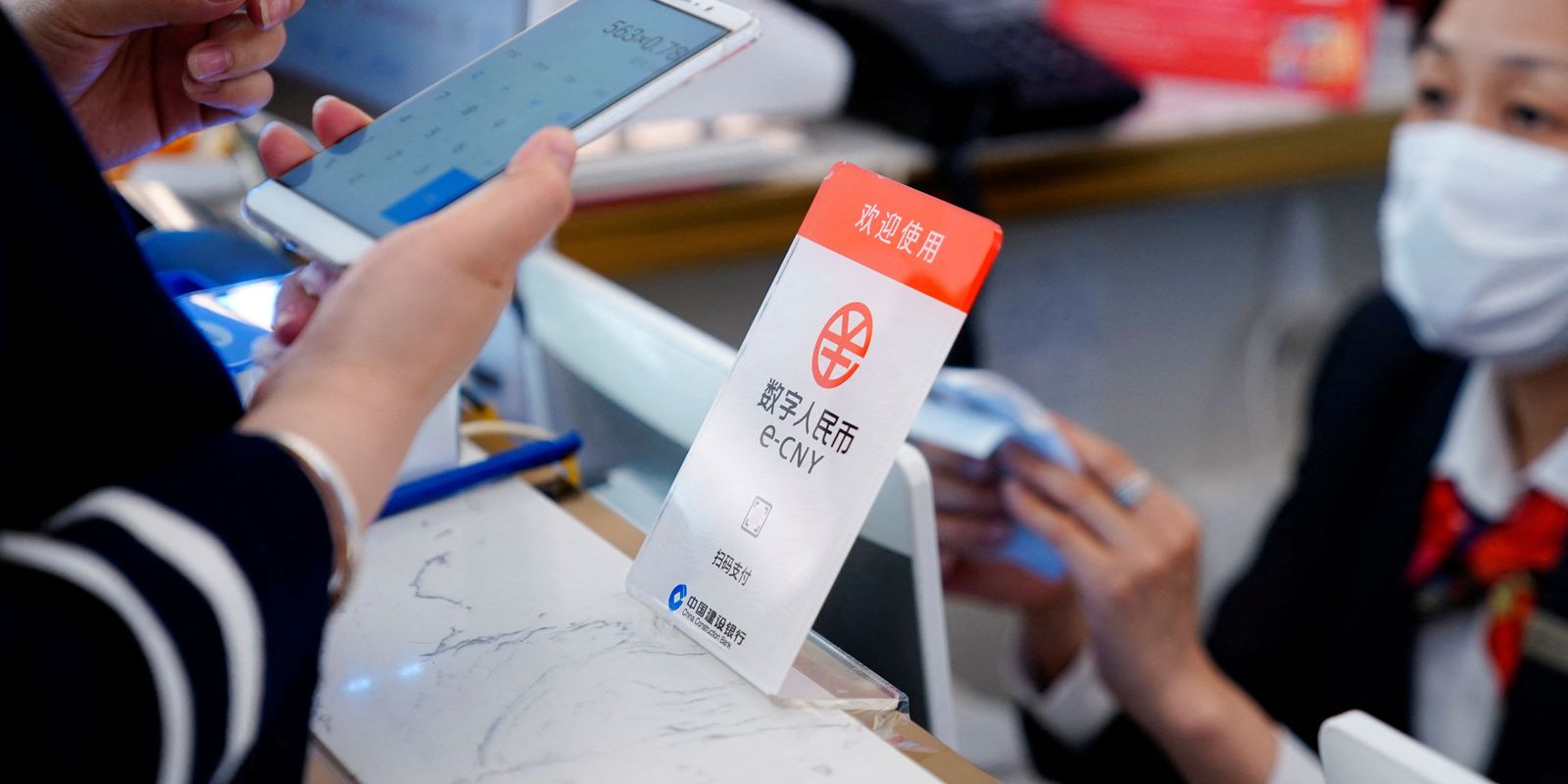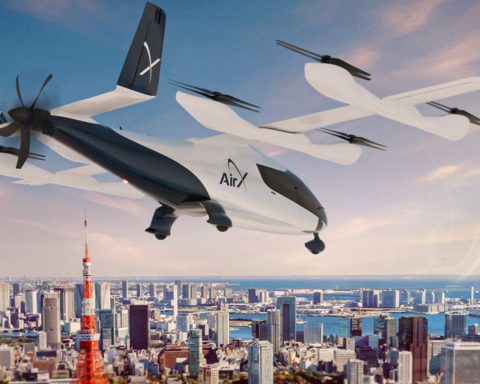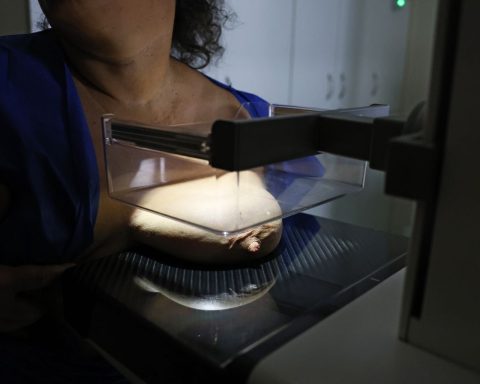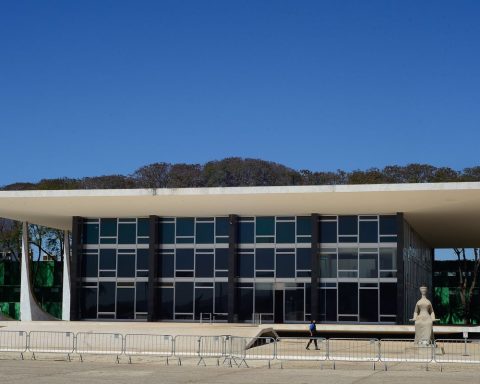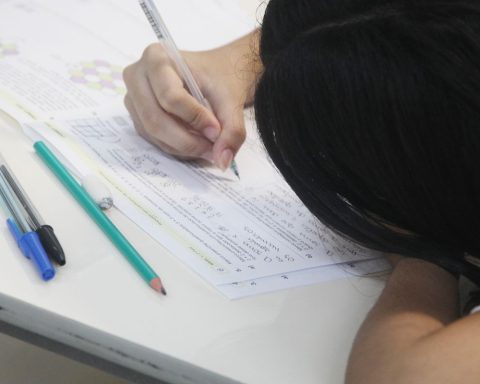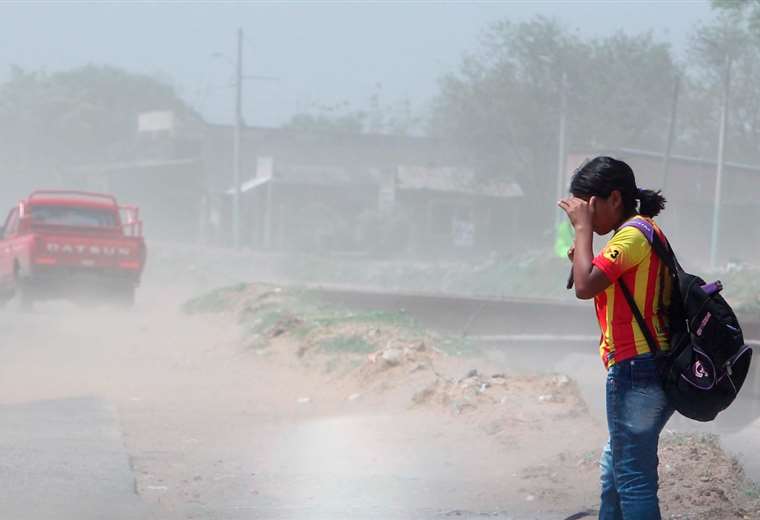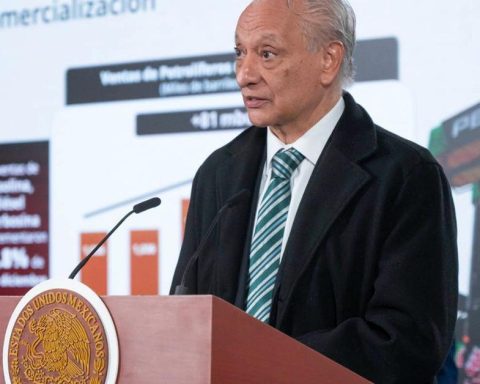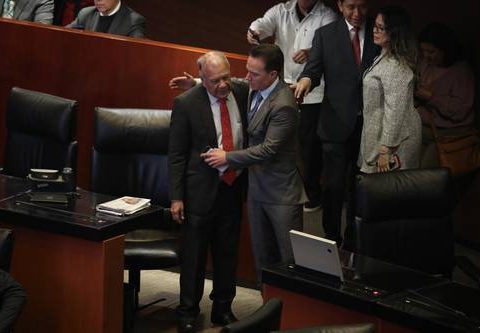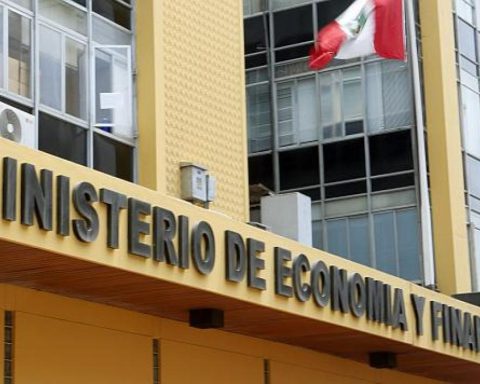China developing a flying car. The United States authorizing the mining market bitcoin [moeda virtual]. Emmanuel Macron using the Minecraft [jogo] for his re-election to the presidency in France.
This is the digital economy, which in some places has been changing the way people consume and interact. In Brazil, it is still taking its first steps, “way back there”, said Gil Giardelli, professor and specialist in innovation and the digital economy.
“To be very honest, I am very optimistic about my country. But we are not ready. We’re way behind. So we’re seeing a lot of auto industries moving out of here. This is an effect that has been happening with companies in recent years because, for example, we did not create a project for the future of the nation for the electric car and for the autonomous car”, he said, in an interview with Brazil Agency.
According to Giardelli, for the country to advance in this innovation it is necessary to think about public policies. “The first point is that we need to have a super connection, what is called a triad and innovation, which are public policies – and I’m not just talking about funding and money because we have that. But, for example, speeding up patent laws so they don’t take so long,” he said. “It is necessary to have a policy that involves all the entities of the federation to think about a project for the nation”, he pointed out.
“If we had high-impact training in education from early childhood, today the nearly 15 million jobs available in biotechnology, neurotechnology, digital tech and nanotechnology, if the world were simple, you would take those 13 million unemployed [no Brasil] and put in those jobs. But for you to do that, you would have to have prepared these people from early childhood”, explained the expert.
islands of innovation
For him, the private sector also needs to do its part in this process. “The private sector needs to lend a hand to these two entities, which are the academy and the university, to create a national policy. Today we have fantastic initiatives here, however, they are islands of innovation”, he stressed.
During a presentation at the 17th International Congress of Industries, between Thursday (7) and Saturday (9), in Florianópolis, Giardelli presented entrepreneurs with various uses of this new technology, which passes through the metaverse [rede de mundos virtuais], through online sales and reaches the farms of the future, with production, for example, taking place in confined environments. And who has been leading this new form of economy is China, he added.
“China has surpassed the United States in patent numbers. In the last two years, they [os chineses] excelled in class A academic works, which are the works that we believe really help to change society in all aspects”, he pointed out.
“Many people think that the metaverse is to sell very expensive sneakers, things that seem silly. But you have the other part, called the omniverse, which are the so-called digital twins of machines, factories, cities. To give you an idea of the impact of this digital economy, China managed to develop a car in its industry for US$ 4,500 in the final price. That’s because of the 903 items that go in the electric car, she put blockchain [um registro digital de transações e contratos e o rastreamento de ativos em uma rede empresarial] in everything,” he explained.
The 17th International Congress of Industries was promoted by the Brazilian Association of the Biscuit, Pasta and Industrialized Bread & Cake Industries (Abimapi) and by the Brazilian Association of the Chocolate, Peanut and Candy Industry (Abicab).
*The reporter traveled at the invitation of the Brazilian Association of Biscuit, Pasta and Industrialized Bread & Cakes (Abimap)
